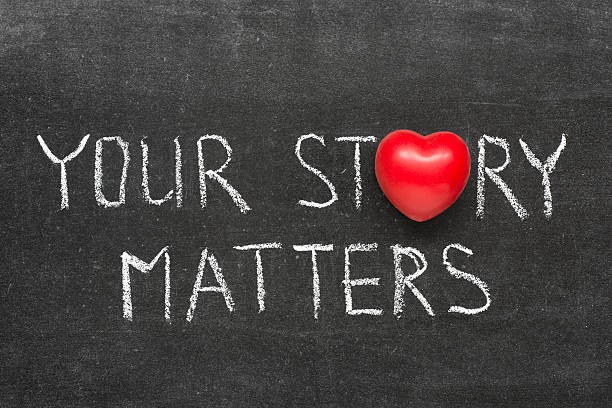Beyond ESG Labels: Harnessing the Power of Sustainable Communication for a Better Future
Imagine a world where companies prioritize transparency in communicating their actual progress and impact on sustainability, rather than just relying on ESG labeling such as ratings. As Coca-Cola CEO James Quincey said, the ideas of being water positive, having a circular economy on packaging, and reducing sugar content in products are important, regardless of the label attached to them. In this world, genuine sustainability prevails and greenwashing is eliminated.
ESG ratings and certifications are popular among companies to demonstrate their commitment to sustainability, but they offer only a superficial validation. Companies are under pressure to gain trust from consumers and investors who are becoming more conscious of environmental and social issues. To do so, companies assess their ESG practices through independent third-party organisations such as MSCI, Sustainalytics, or FTSE Russell. The resulting rating or score is used by stakeholders to assess a company’s performance and make informed decisions.
ESG certifications can help companies identify and mitigate ESG risks, and improve their financial and non-financial performance. Companies with high ESG ratings may attract more investment and command higher prices for their products and services, which can drive green innovation. However, the process of obtaining an ESG rating is expensive and time-consuming, and may not necessarily reflect a company’s actual performance on environmental and social issues. Additionally, small and medium-sized companies may find it difficult to obtain certification. ESG ratings also have limitations as they may be manipulated through greenwashing tactics and are based on limited data and publicly available information.
The assessment of companies on the basis of ESG frameworks and the provision of scores has become increasingly popular. At my company, Corpstage, we also assess companies on the basis of these frameworks and provide them with scores. However, it is important to note that these scores are not meant to be the final word on a company’s sustainability performance. Instead, they serve as a tool for self-assessment and improvement. The purpose of these scores is to help companies identify areas where they can improve and make progress towards their sustainability goals. In short, ESG certification and scores can be valuable tools for companies, but transparency and actual progress should always be the ultimate priority which can be effectively achieved in conjunction with story telling of initiatives or focusing genuinely on sustainable communication.
Sustainable communication is more than just telling a story. It involves integrating sustainability into all aspects of a company’s value chain and communication efforts. This means rethinking and remodelling the business to take an integrated approach to ESG, and not just having a sustainability department headed by a sustainability manager. Companies must be willing to make behavioural and mindset changes in order to fully embrace sustainable communication.
By sharing detailed information about their sustainability goals and the specific actions they are taking to achieve them, companies can demonstrate their commitment to sustainability and build trust with stakeholders. Furthermore, providing evidence of progress and impact can help to build credibility and reputation in the market.
Sustainable communication can also help companies differentiate themselves from their competitors. As more and more companies recognise the importance of ESG, those that can effectively communicate their sustainability efforts are more likely to be seen as industry leaders. This is particularly important as investors, customers and other stakeholders become increasingly concerned with a company’s sustainability performance.
Incorporating sustainable practices into the value chain and communication efforts can also help companies to actively engage with their stakeholders. By sharing information about sustainability efforts and progress, companies can foster a sense of shared purpose and commitment to sustainability. The future of business is one where companies must be proactive in their efforts to address ESG issues, and sustainable communication is a key component of this effort.
Author
Dr Nisha Kohli
About Corpstage
Corpstage platform is dedicated to making ESG practices of companies credible. The platform shares primary and organic information about initiatives taken by corporates towards their sustainable commitments. The platform is built on blockchain ( DLT). It enables companies to report their sustainability as per frameworks but primarily focuses on sustainable communications of initiatives taken on milestone basis. The company has also launched its Global Sustainability Leadership Council recently at Davos 2023 for enabling sustainability officers to showcase and share initiatives taken by them and covert tacit knowledge to explicit knowledge.







